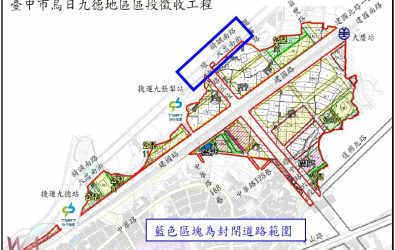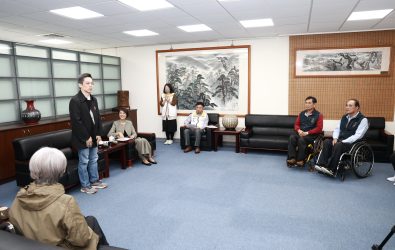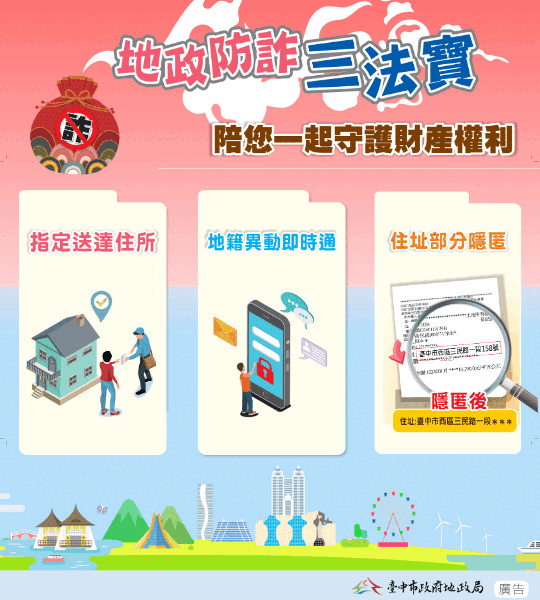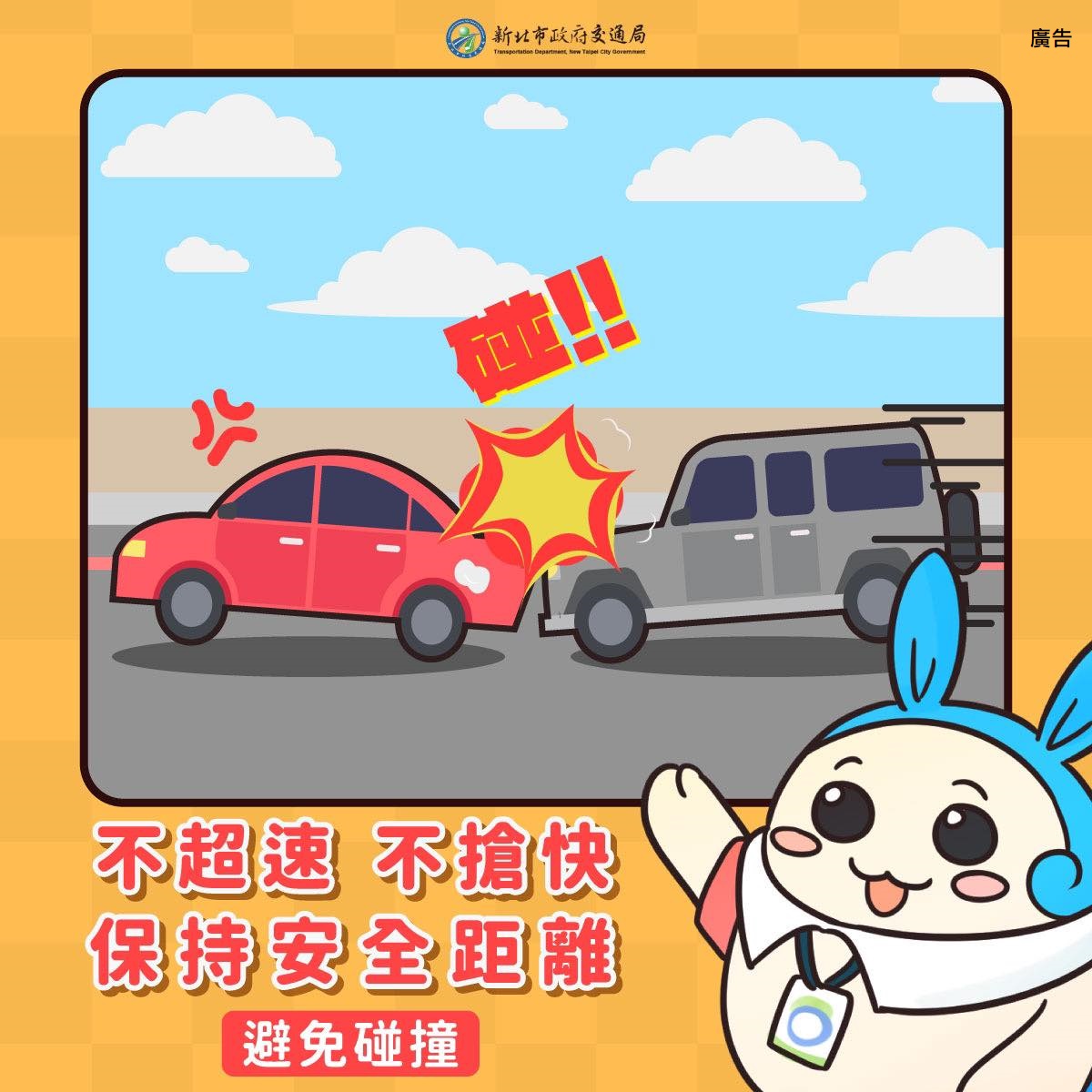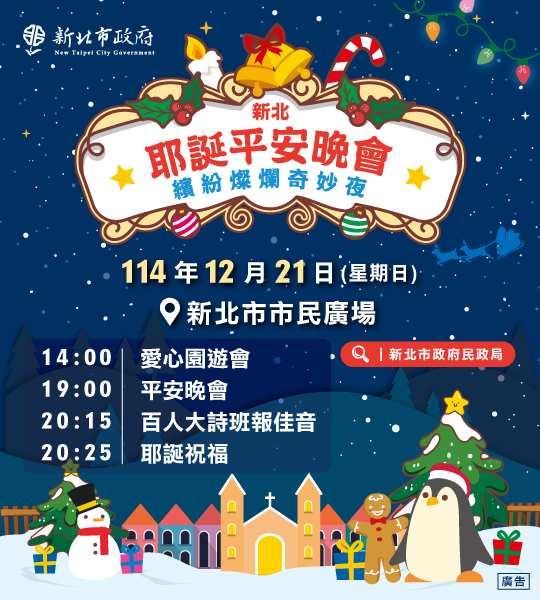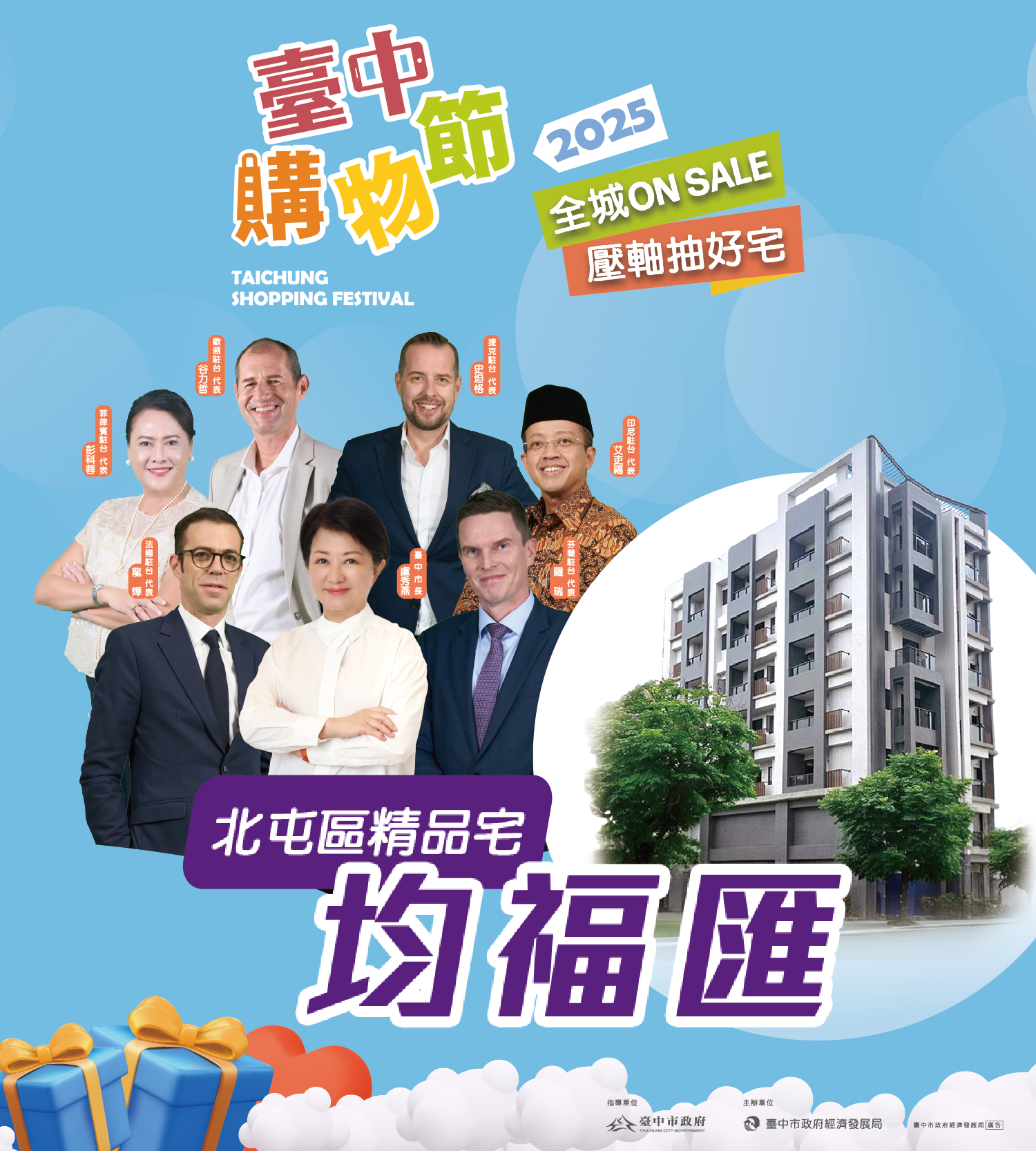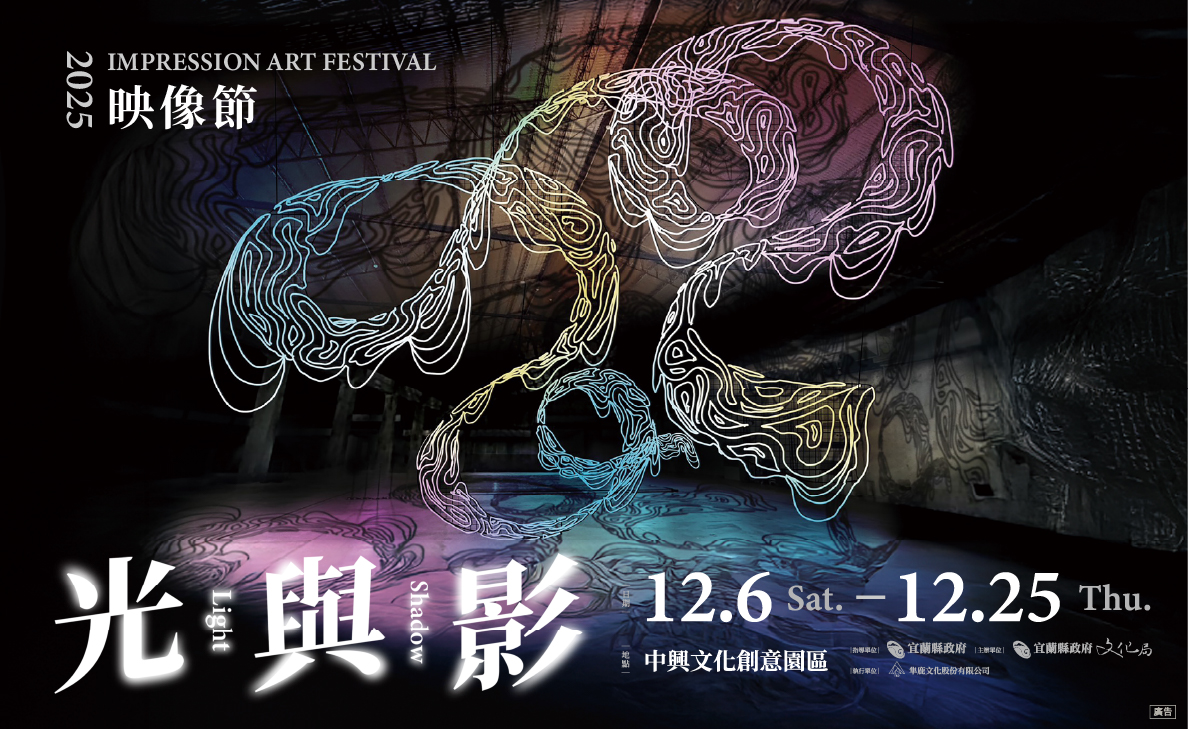Understanding just how mobile experiences plus user interfaces vary across regions is usually essential for builders, designers, and people alike. These dissimilarities are not haphazard; they result coming from a complex interplay of device equipment, regional preferences, and even technological infrastructure. In order to illustrate these principles, consider the case of Tropicanza and Kinghills, two regions with distinct cell phone app adaptations. With regard to a comprehensive guide, explore this reference on regional software customization https://tropicanza-casino.org.uk/“> https://tropicanza-casino.org.uk/ . This particular article delves into how these variations shape user interaction and app performance, providing a foundational understanding applicable across global markets.
Desk of Contents
How Device Different versions Shape App Layout and Functionality
Impact regarding Screen Size and Quality on Interface Style
Gadget hardware varies considerably between regions, influencing how apps are usually designed. For example, Tropicanza users predominantly entry apps via touch screen phones with larger window screens and higher answers, such as six. 5-inch displays with 1080p resolution. This lets developers to embrace richer visual elements, more detailed icons, plus expansive layouts. More over, Kinghills users may possibly rely on devices using smaller screens or maybe lower resolutions, necessitating simplified interfaces the fact that prioritize clarity and even simplicity of navigation. Based to recent studies, customizing UI for varied screen sizes could increase user proposal by up to 20%. Developers often make use of responsive design methods, such as flexible grid systems and even scalable vector design, to ensure uniformity across devices.
Differences inside Touch Interaction and even Gesture Support
Touch conversation paradigms also differ regionally. For example, Tropicanza devices frequently assistance advanced gestures want pinch-to-zoom, swipe, plus long-press, enabling more intuitive app course-plotting. Kinghills devices, even so, might lack several of these capabilities because of hardware limits or user tastes, leading to a reliability on traditional touch interactions. These distinctions influence UI elements for example button dimensions, spacing, and gesture-based controls. Research shows that gesture assistance enhances user full satisfaction and reduces cognitive load, especially within gaming or multimedia system applications. Developers need to calibrate touch concentrate on sizes and touch recognition algorithms to align with regional hardware capabilities.
Adaptive USER INTERFACE Strategies for Different Mobile Hardware
To properly serve diverse components landscapes, adaptive USER INTERFACE strategies are employed. These include employing media queries in addition to device detection pièce that tailor layout and functionality effectively. For instance, Tropicanza apps might weight high-resolution images and enable animation consequences on capable devices, while simplifying looks and disabling resource-intensive features in Kinghills environments to keep up clean performance. Progressive enhancement and graceful degradation are core principles here, making certain most users experience a functional interface in spite of their device’s components constraints.
Customization and Customization Features in Local Platforms
Language and Cultural Adaptations in URINARY INCONTINENCE Elements
Localization extends past translation; it involves adapting UI elements to reflect regional languages, cultural best practice rules, and user anticipations. In Tropicanza, apps often utilize Latin-based scripts with broadly relevant idioms, although Kinghills might like local dialects or maybe scripts, requiring personalized fonts and input methods. The placement of UI components, date formats, and even even color connotation are tailored consequently. For example, red may symbolize luck in Tropicanza, affecting branding choices, whereas in Kinghills, various color schemes are preferred to straighten with regional appearance.
Utilization of Regional Colors, Device, and Symbols
Colors and icons convey social meanings; thus, local customization is essential. Tropicanza apps often employ vibrant, tropical-inspired palettes with device reflecting local flora and fauna, encouraging familiarity and have confidence in. Kinghills applications might adopt more subdued tones with symbols rooted in territorial history or traditions. Incorporating culturally certain symbols not merely improves usability but also enhances mental connection with consumers, leading to higher retention rates.
Customization Selections Provided to Users found in Each Region
Many websites provide personalization options aligned with territorial preferences. Users inside of Tropicanza may customise themes with local motifs or decide on language options by a comprehensive listing. Kinghills users may possibly access simpler personalization, focusing on font size and exhibit brightness, accommodating system limitations or user habits. Offering tailored customization fosters a feeling of ownership and improves overall user knowledge.
Routing Structures and Customer Flow Optimization
Menu Position and Accessibility Different versions
Routing design is inspired by regional user behavior and device ergonomics. Tropicanza programs often feature underside navigation bars, assisting thumb reach upon larger screens—a layout supported by study indicating increased ease of access. In comparison, Kinghills applications might favor side menus for much easier access on smaller sized or one-handed devices. Consistency in placement enhances usability and reduces cognitive fill, but regional changes ensure optimal availability.
Tabs and Swipe Designs Specific to Tropicanza and Kinghills
Tab organization and swipe gestures are tailored for you to regional preferences. Tropicanza users tend to like multiple tabs using clear icons from the bottom, which allows quick switching among sections like House, Games, and Options. Kinghills users may well favor swipe signals to navigate among content pages, decreasing the advantages of multiple taps. Adapting these designs according to regional conversation data improves end user engagement and pleasure.
Effect of Regional User Behavior on Nav Design and style
Historical and social factors shape just how users interact along with mobile interfaces. For example, in Tropicanza, a culture familiar with multitasking prefers multi-layered menus, while inside of Kinghills, an emphasis on simplicity leads to flatter course-plotting hierarchies. User testing and behavioral stats inform these design and style choices, ensuring the fact that interfaces align with local habits and even expectations.
Performance and Responsiveness Variations in Regional Contexts
Community Speed and Their Effect on UI Responsiveness
Regional disparities throughout network infrastructure drastically impact app responsiveness. Tropicanza benefits through widespread high-speed net, enabling feature-rich, media-heavy interfaces that insert quickly. Conversely, Kinghills may have areas with limited bandwidth, requiring developers to optimize data, compress pictures, and minimize server requests. According to be able to recent data, applications optimized for low-bandwidth environments is effective in reducing load times by way up to 50%, improving user retention in regions with reduced networks.
Optimization Techniques for Low-Bandwidth Environments
Techniques some as lazy filling, caching, and adaptive image quality are usually critical for sustaining performance in locations with poor connection. For example, Tropicanza apps may utilize CDN networks for fast delivery, although Kinghills applications put into action offline modes and local storage for you to ensure seamless user experience despite connection issues.
Impact of Unit Hardware on App Performance
Device hardware constraints, such as processor chip speed and MEMORY, influence app responsiveness. In Kinghills, older devices are typical, necessitating lightweight application versions that take in fewer resources. Developers employ optimization techniques like reduced computer animation, optimized code, plus efficient memory supervision to focus on these kinds of hardware profiles.
Visual Good looks and Branding around Regions
Color Schemes plus Visual Themes Choices
Color schemes are vital branding components that also speak out loud culturally. Tropicanza software often utilize bright, tropical hues much like turquoise and coral formations, evoking an energetic atmosphere. Kinghills applications favor more thinner earth tones, aligning with regional flavor for understated style. Customizable themes permit users to choose preferred visual styles, fostering emotional engagement.
Iconography and even Typography Choices Reflecting Local Tastes
Icons and fonts are determined carefully to match territorial aesthetics. Tropicanza favors rounded, playful emblems and decorative baptistère, reinforcing a remarkable manufacturer identity. In comparison, Kinghills prefer clean, minimal icons with vintage serif or sans-serif typefaces, aligning with traditional tastes in addition to ensuring readability throughout various devices.
Consistency as opposed to. Localization in UI Branding Components
While maintaining manufacturer consistency is vital, local customization ensures relevance. Striking a balance involves standard logo positioning and core design elements, supplemented using localized pallettes, signs, and language. This kind of approach enhances brand name recognition while without loosing regional differences, a new principle supported by branding research showing increased loyalty by way of cultural adaptation.
Effective regional UI design hinges upon understanding local computer hardware, cultural norms, and even user behaviors—principles exemplified by the designed approaches in Tropicanza and Kinghills.





